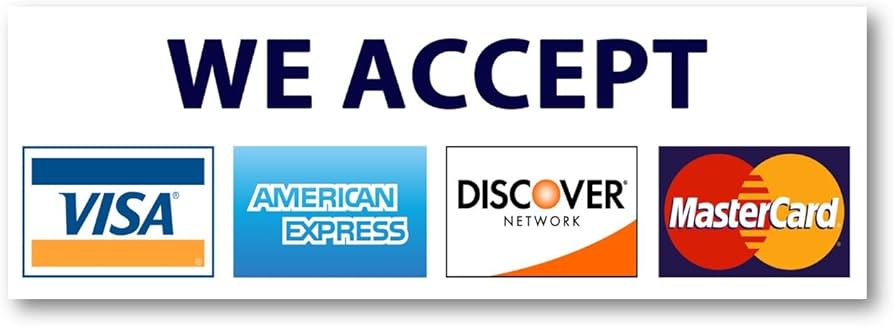🤝 Can You Negotiate a Plea Deal in a Fort Lauderdale Racketeering Case?
Facing racketeering (RICO) charges in Florida is a serious matter. As a first-degree felony, a conviction could result in up to 30 years in prison and fines of up to $10,000. Understandably, many people ask:
👉 Can I negotiate a plea deal in a racketeering case in Fort Lauderdale or South Florida?
Yes, you can—but it depends on your case, the evidence, and your defense strategy. Here’s what to know before accepting or rejecting a plea offer.
⚖️ What Is a Plea Deal?
A plea deal (also called a plea bargain) is an agreement between you and the prosecutor. In exchange for pleading guilty or no contest to one or more charges, you may receive:
- A reduction in the severity of charges (e.g., from first-degree to third-degree felony)
- A lighter sentence
- The ability to avoid trial and maintain some control over the outcome
📌 Note: Accepting a plea bargain means you waive your right to a trial, and in most cases, you cannot appeal the conviction later.
🤔 Do Prosecutors Offer Plea Deals in Racketeering Cases?
Yes, but not always. RICO cases are complex, and prosecutors often prefer plea deals to:
- Save time and resources
- Avoid risky trials with complex evidence
- Lighten overloaded court dockets
📊 Fact: Over 90% of criminal cases in Florida are resolved through plea deals—not trials.
Factors that influence whether a plea deal is offered include:
- 🔦 The strength or weakness of the prosecution’s case
- 👥 Whether the case involves high-profile individuals or media coverage
- 📣 Victim input or community impact
- ⚖️ Your attorney’s ability to negotiate
🧠 Should You Accept a Plea Deal?
Your attorney will help you weigh key factors:
✅ Strength of the Evidence
Is there a clear link to a criminal enterprise? Are there weaknesses in surveillance, financial records, or witness credibility?
✅ Terms of the Deal
Will it eliminate the RICO charge? Does it avoid mandatory minimums or prison time?
✅ Long-Term Impact
Even reduced charges can affect your:
- Employment
- Housing
- Immigration status
- Professional licenses
Your attorney should compare the offer against outcomes in similar South Florida RICO cases.
📌 Related: 👉 What Is Money Laundering in Florida?
🛡️ Can a Lawyer Negotiate a Better Outcome?
Yes. A seasoned racketeering defense attorney can:
- Push for dismissal of weak RICO allegations
- Leverage lack of enterprise-level proof
- Explore diversion or probation for lesser charges
- Highlight mitigating factors to avoid prison time
📌 Related: 👉 How a Criminal Lawyer Challenges Evidence in Florida
📞 Speak With a Fort Lauderdale Racketeering Lawyer Today
If you’re facing racketeering or RICO-related charges in Fort Lauderdale, Palm Beach, or Miami-Dade, don’t face it alone. A plea deal may offer a lifeline—or it might not be your best option.
At Michael White, P.A., we help clients analyze plea offers, negotiate better terms, or prepare for trial when needed.
📲 Call (954) 270-0769 or schedule your free consultation online.
💬 Frequently Asked Questions: Racketeering Plea Deals in Florida
Q1: Can I get a racketeering charge dropped in a plea deal?
A: Yes, in some cases. Prosecutors may agree to drop or reduce a RICO charge if your lawyer can show the evidence is weak or if you agree to plead to a lesser offense.
Q2: Is it common to get a plea deal in Florida RICO cases?
A: Yes. Most criminal cases, including complex racketeering cases, end in plea deals to avoid costly, time-consuming trials—especially if the case isn’t ironclad.
Q3: Should I accept the first plea deal I’m offered?
A: Not necessarily. Your defense attorney should review the offer carefully. In many cases, plea deals can be improved through negotiation or strategic delays.
Q4: What are the risks of rejecting a plea deal?
A: If you reject a plea offer and lose at trial, you could face the full sentence—up to 30 years in prison for a first-degree racketeering conviction.
Q5: Can my lawyer negotiate a plea even after I’ve been indicted?
A: Yes. Plea negotiations often happen after indictment. In fact, new evidence or legal arguments can sometimes lead to better deals later in the case.




